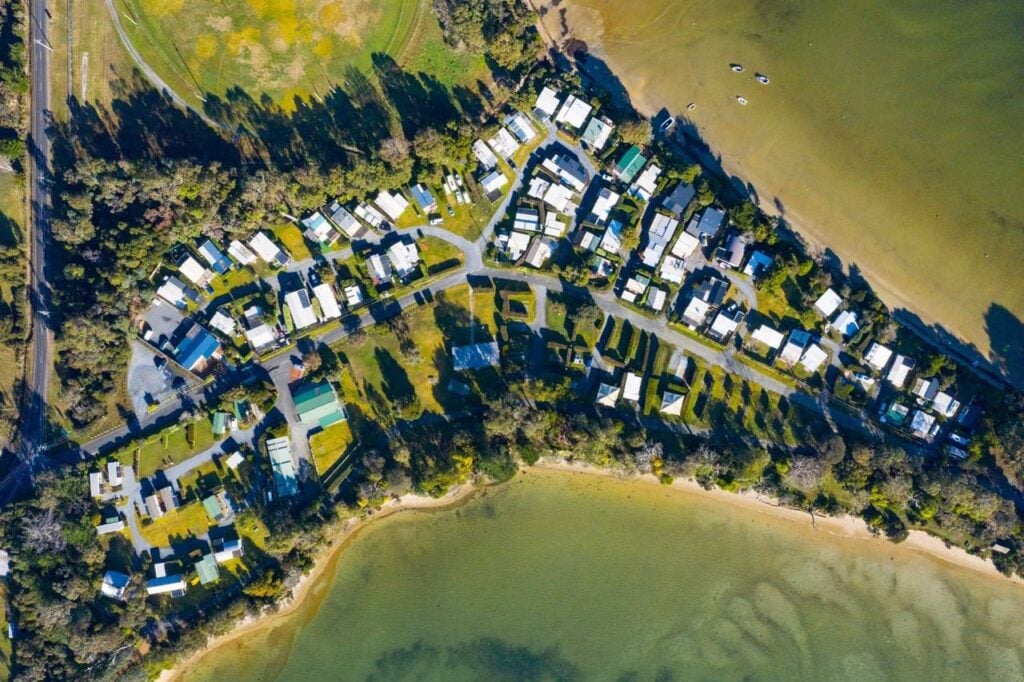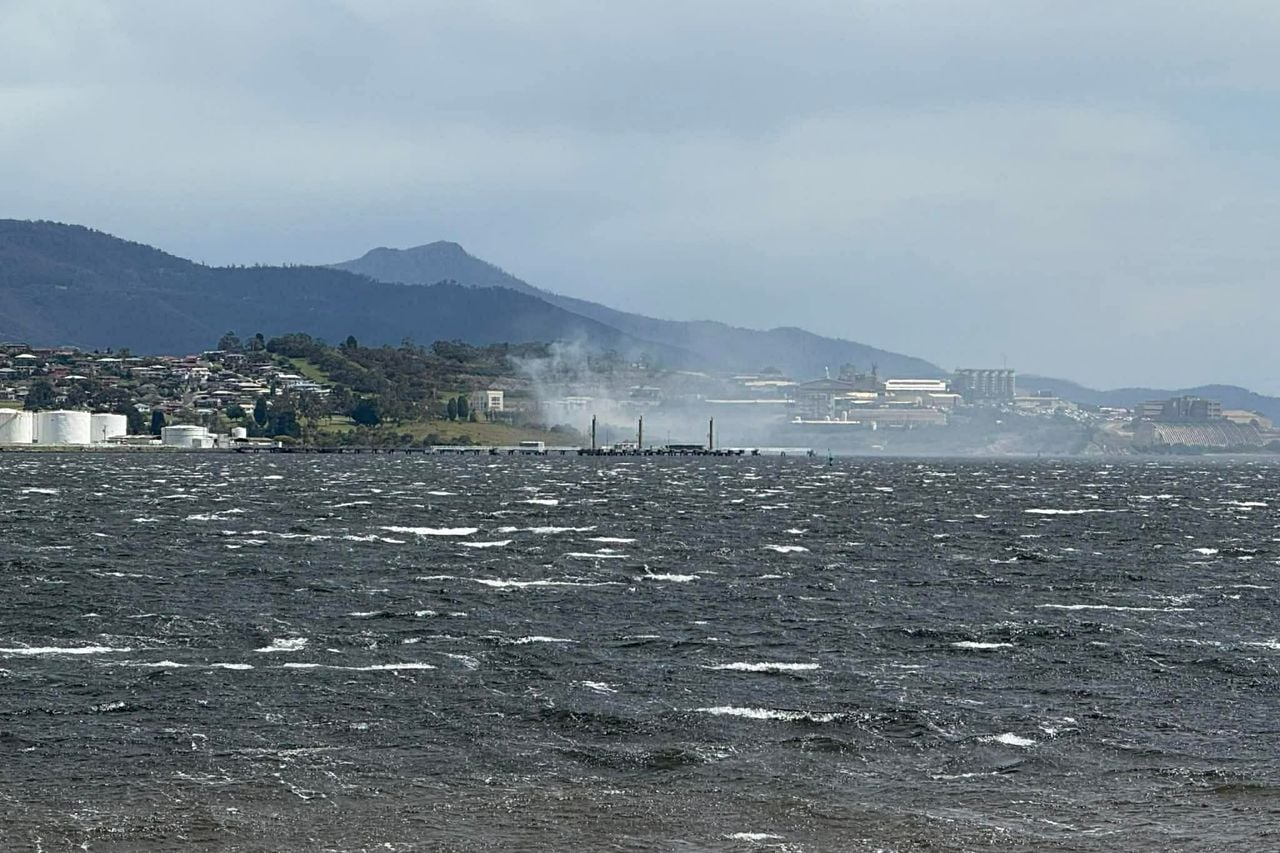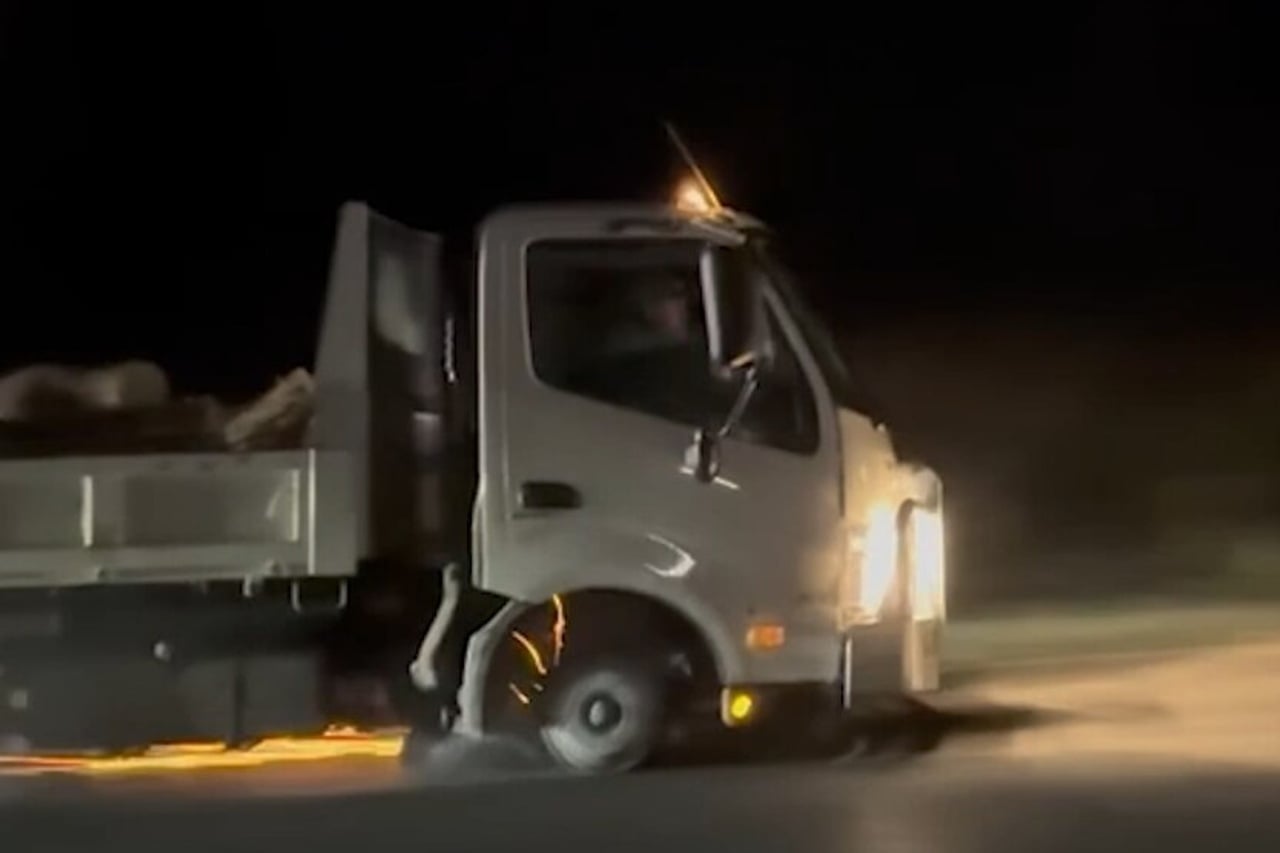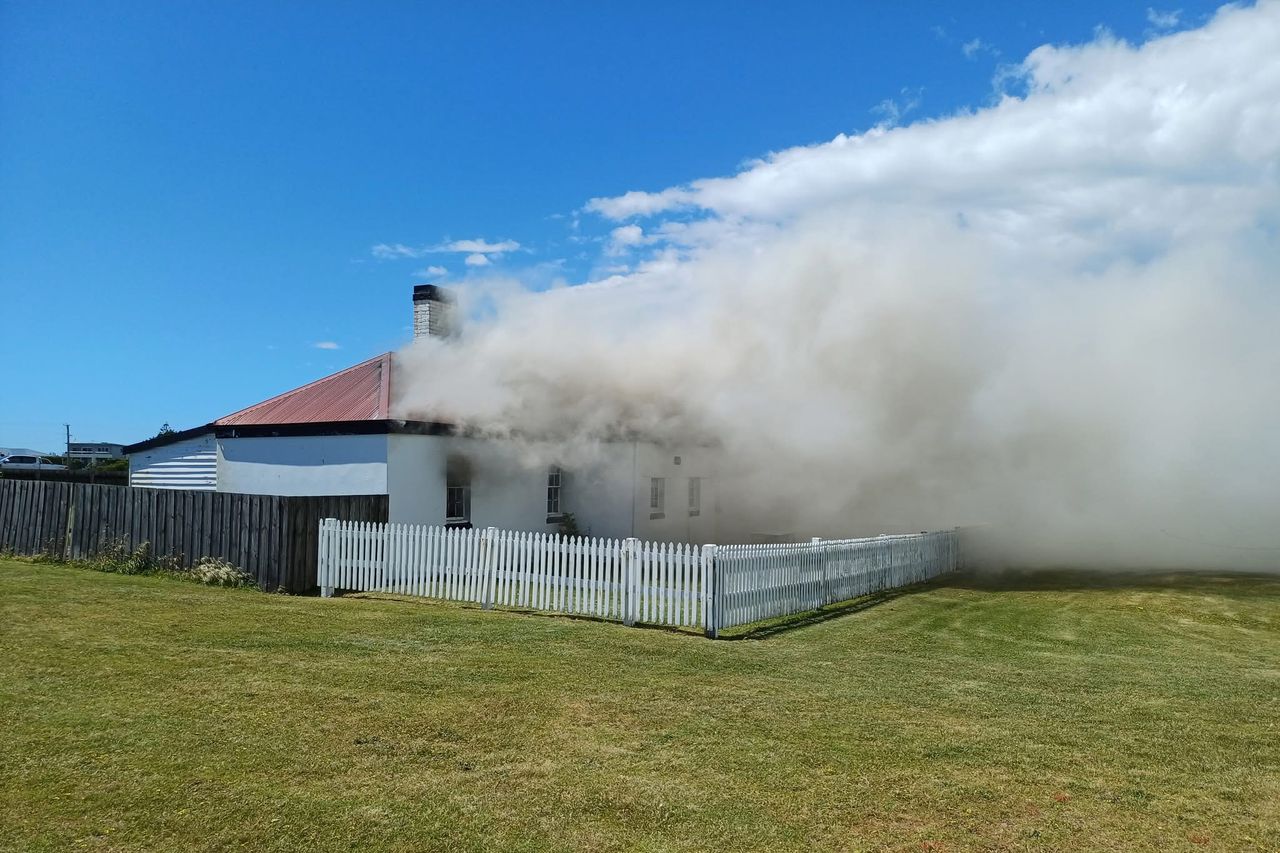The state government has stepped into a Supreme Court battle over the eviction of a man from a Tasmanian caravan park.
Attorney-General Guy Barnett announced on Friday he would intervene in an appeal lodged by the owners of Beauty Point Tourist Park, who are challenging an earlier court ruling in favour of long-term resident John Lowe.
Lowe had lived at the park for two years before receiving an eviction notice last July. The owners argued his occupancy was unlawful.
However, the court sided with the pensioner, with a judge noting the case ‘clearly demonstrated a need for stronger legislation’ to protect residents in similar situations.
Barnett said the government’s intervention would allow it to make submissions on how planning laws should safeguard existing residential rights.

“The existing rights of long-term residents in caravan parks is a critically important issue for many Tasmanians,” he said.
The government is already drafting legislation to address the issue.
Barnett stressed the court intervention would not delay that process.
“It is important that existing laws are clarified so that caravan park owners and other authorities can understand and comply with those laws,” he said.
Deputy Labor Leader Janie Finlay said the government “must act now” by fast tracking the legislation.
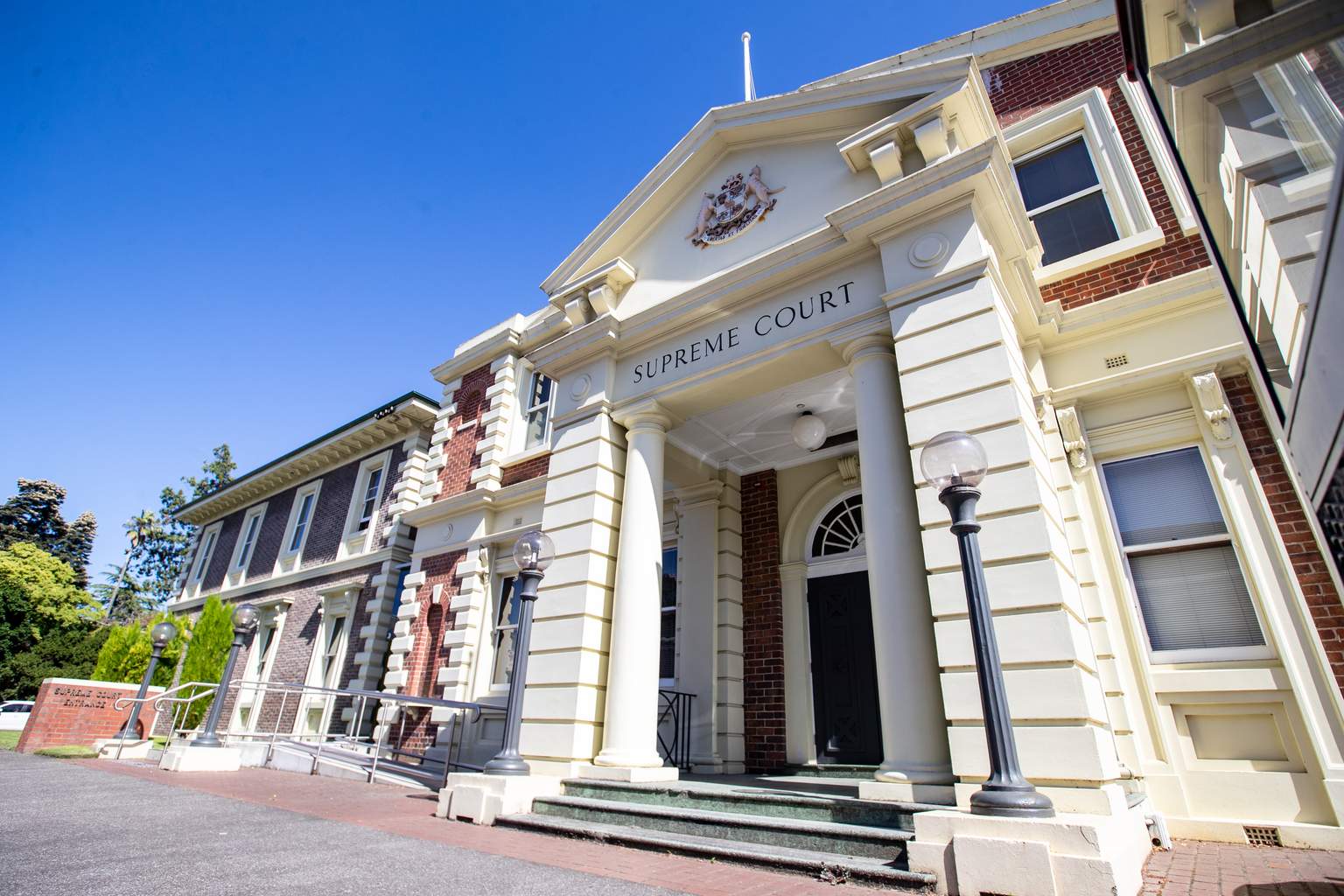
“The situation at Beauty Point has been traumatising residents for years and it has become critical,” she said.
Tasmania remains one of the few Australian jurisdictions where long-term caravan park residents lack basic tenancy protections relating to rent increases, bonds and evictions.
According to 2021 Census data, 537 caravans were occupied across the state, along with 353 cabins and houseboats.
Among those dwellings were 227 families, 80 of which had children.

